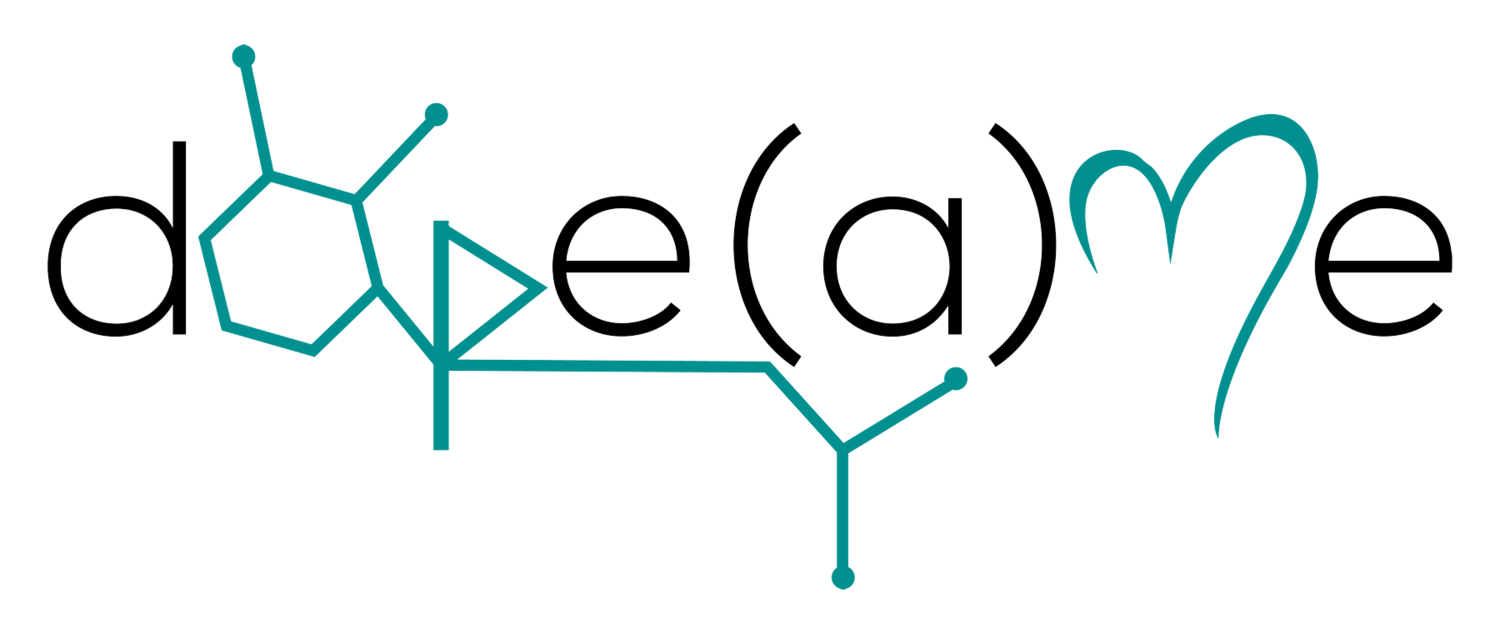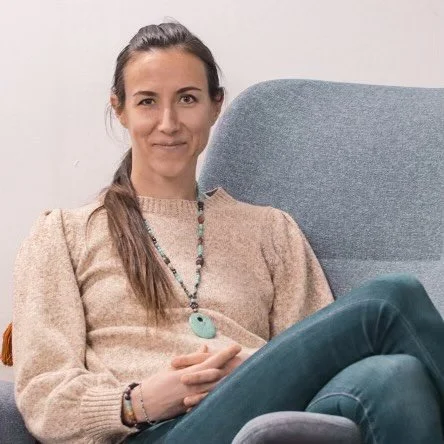We all having coping mechanisms that have helped us adapt and survive our upbringing and environment. Anything from pretending to be happy even when we are sad, to pulling out that bucket of ice cream, that joint, or bottle of wine when we are overwhelmed or need to “take the edge off”, to lacing up our running shoes when we feel the buzz of anxiety and the incessant feeling to “do something.” None of these activities on their own are coping mechanisms, it all depends on the state you are in right before you impulsively take action. And, as you can imagine, or most likely can relate to, some vices are healthier than others. However, what all vices have in common is that they have helped you cope and survive situations in the past that otherwise felt unbearable.
This past week I was in a cycle of anxiety that lasted several days (and nights), and it became an opportunity for me to come face to face with all of my coping mechanisms. In the past, I vilified these habits and compulsions that I used (what felt like unsuccessfully) to avoid discomfort or soothe anxiety. Because I have healed much of what these coping mechanisms used to be called on to help me with, I had somewhat forgotten about how intense they were and how hard it is to see outside their narrow lens when in their grip. Some are very old and still in need of an update (i.e., over exercising, restrictive eating, over thinking and dwelling on “what’s wrong?”, binge-watching netflix, and pushing community away), and some I have practiced and adopted over the past decade that have changed my life for the better (i.e., breathwork, meditation, self compassion, recommitting to my basic needs, and pausing to feel before taking action). One of the hardest parts about these “old vices” is that they are tactics that kind of work, albeit only momentarily, and that’s enough to keep me coming back to them when in the grips of anxiety that doesn’t dissipate quickly.
The gift of my anxiety this week was an intimate reacquaintance with these coping mechanisms, and a renewed sense of gratitude that I only have episodes of this deep struggle rather than it being a daily ongoing occurrence. It was an opportunity to further my compassion practice by honoring and appreciating these vices for their role in helping me survive and their intention to alleviate suffering. It was a great reminder to get curious about what these coping mechanisms are trying to do for me, and recommit to other practices that help me cope, soothe and survive in a more sustainable and healthy way. Vilifying these mechanisms or trying to remove them without replacing them with something else is equivalent to vilifying a river dam for its damage to the environment and promptly rip it down, neglecting to consider that it’s also diverging water from a town nearby that will now flood with this sudden excess of water.
For example, when I notice the trend towards over-exercising and food restriction, I can honor and appreciate my body for trying to find more control and for guiding me towards the need to feel strong and powerful. While these are not inherently “bad”, too much of anything is no longer good. I can remind myself that moving slow and listening to my body also helps me feel powerful. I can feel the urge to exercise alongside deep exhaustion and choose yoga nidra instead to access the strength in my heart and soul. I can practice and choose to feed my body when it’s hungry or when I simply know I need nourishment and view this as a prayer to my body and brain that do so much for me and deserve to have the energy, pleasure and comfort that food provides.
These insights and reminders come from other ways that I have learned to cope, which is to lean into the literature that highlights our culture’s dysfunctional view of body, health and diet, and recognize that I am not alone, nor to blame, in these body dysmorphic ideas. I also recognize that reflecting and writing is a great coping mechanism for me, and finding ways to express how I am feeling to help energy move through me. Lastly, I know how important it is to have people in my life that I can be honest, real and raw with, and I ensured that this week I expressed to my community and my close friends in various ways, because we heal and grow stronger together.
My hope is that you who is reading this now, will garner some insight and wisdom in how to shift your relationship with your current coping mechanisms as well. We all need ways to cope and adapt for our protection and survival. First appreciate and honor the habits that do that for you now, the healthy and the “river dams” and then get curious about other ways to cope that will support you in slowly diverging that river elsewhere before you attempt to rip that dam down.
From my heart to yours,
xo
Marin

